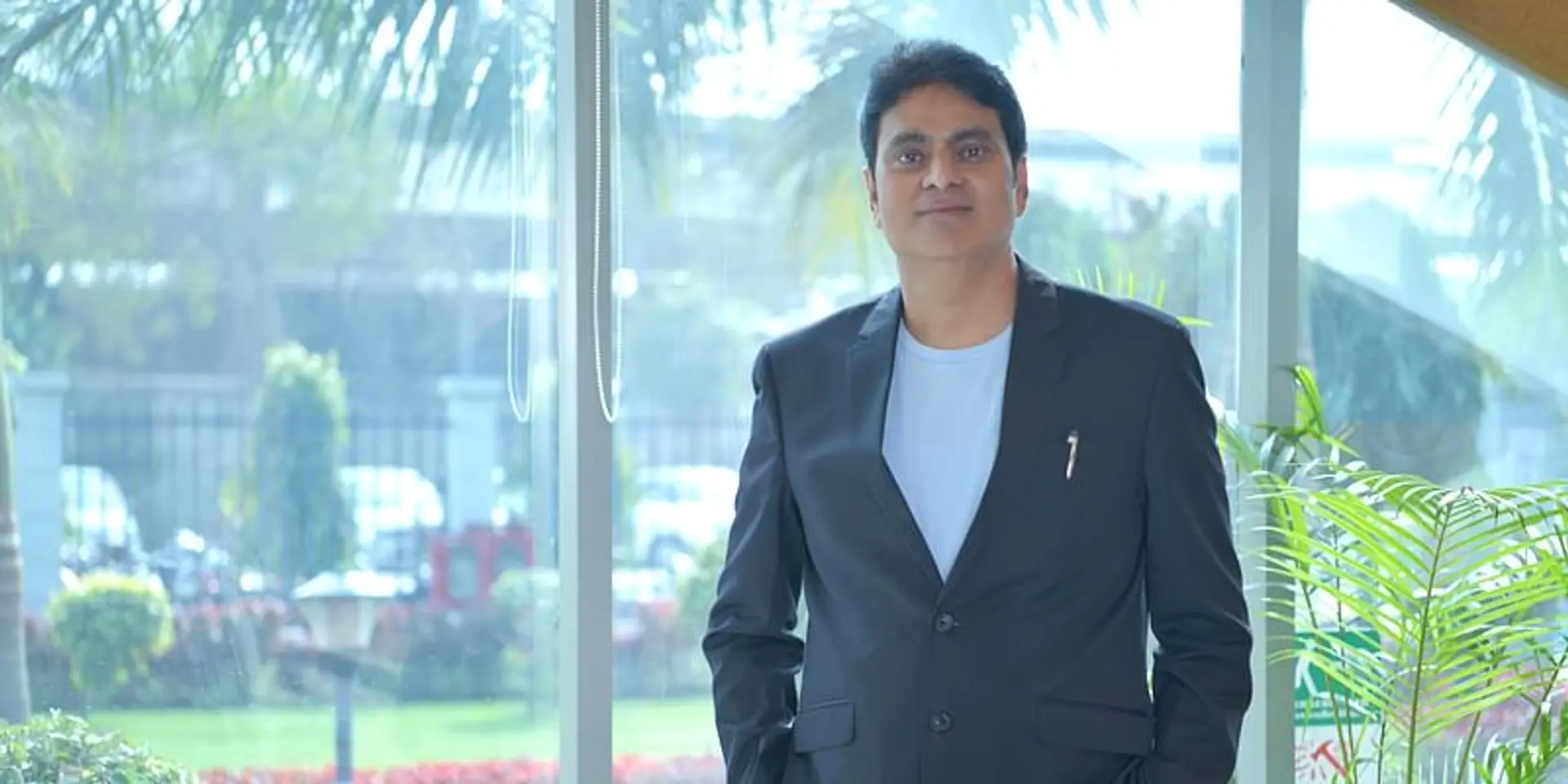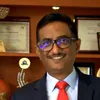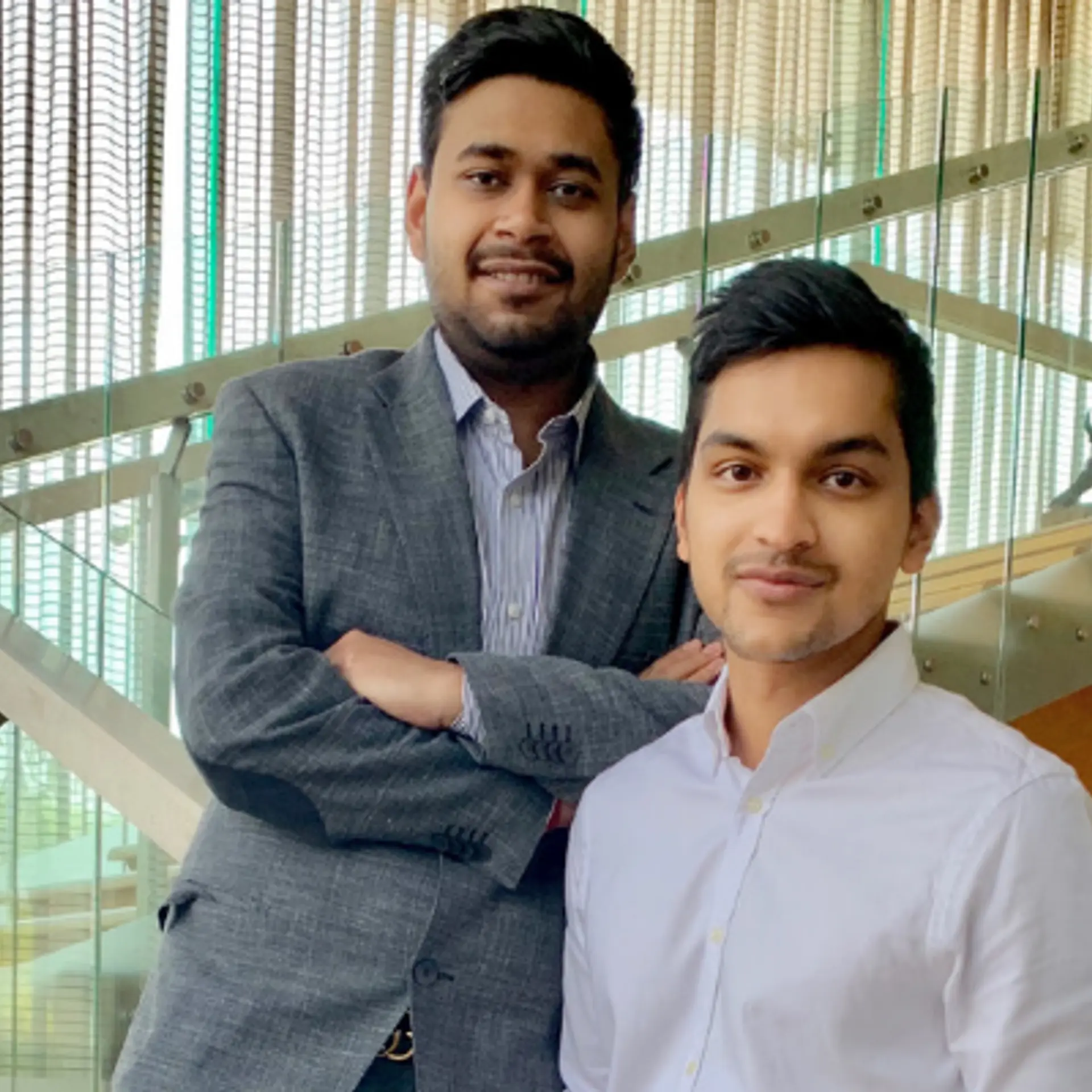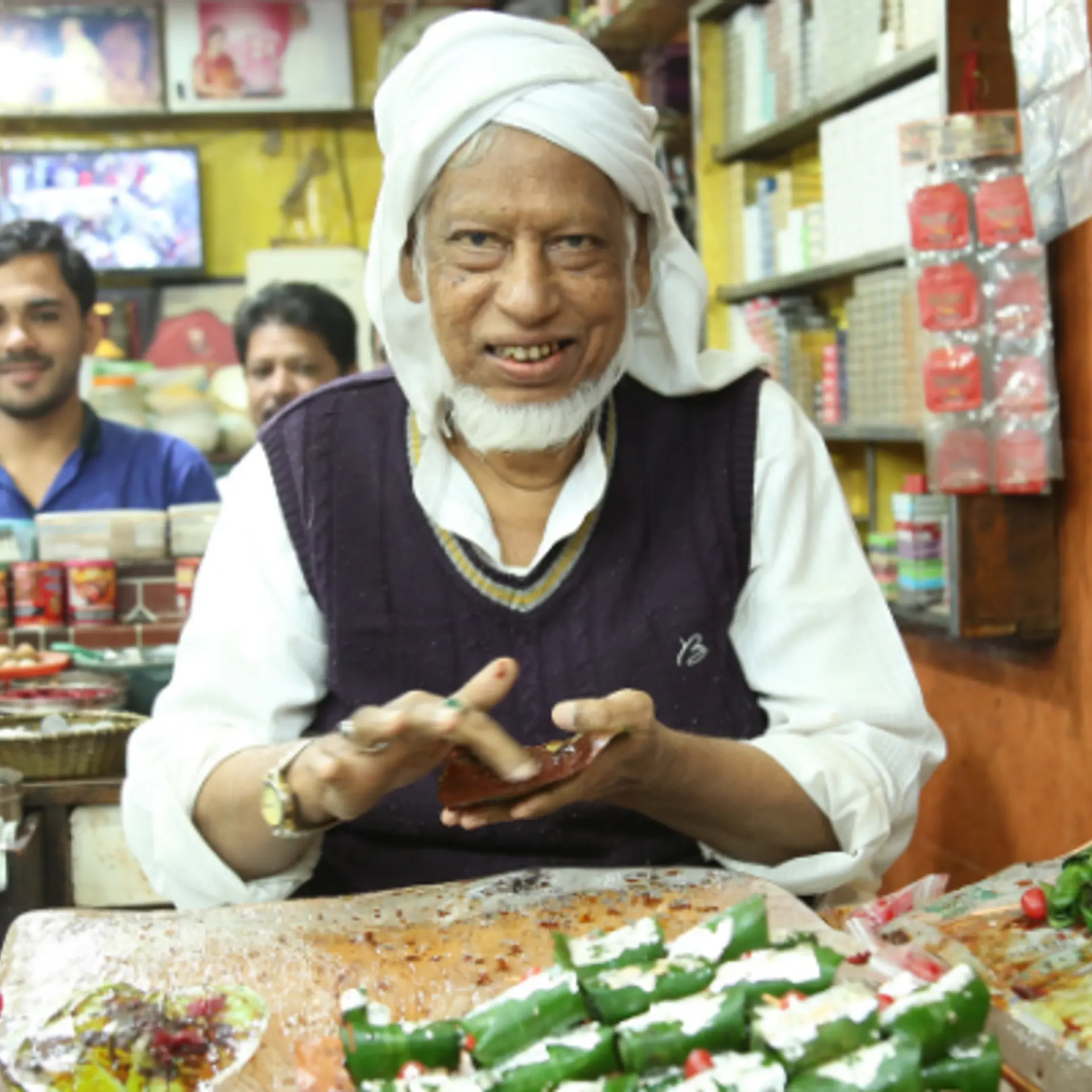This engineer’s business manufactured 70 lakh face masks to protect healthcare workers, consumers from second wave of COVID-19
Metallurgical engineer Rajesh Nigam, who is Co-founder and President (technical) at Noida-based Karam, says the face masks are available for purchase across India at medical stores and ecommerce websites, including Amazon and karamonline.com.
While India has opened up its COVID-19 inoculation drive to all adults to get vaccinated amidst the second wave of the pandemic, wearing face masks remains one of the most effective ways to contain the spread of the disease.
However, supply chain disruptions have led to the unavailability of suitable raw materials for melt-blown extrusion – a process for creating non-woven fabric in high-grade masks.
In recent months, Noida-based manufacturing enterprise Karam has risen to the challenge by manufacturing the non-woven fabric as well as face masks at scale.
Metallurgical engineer Rajesh Nigam, who is Co-founder and President (technical) at Karam, tells SMBStory,
“We looked at diversifying our brand to support the supply of personal protective equipment (PPE), which has been struggling with supply chain challenges. We acted quickly to introduce a new range of ISI-certified masks for healthcare workers, medical personnel, and consumers.”
Rajesh claims that since September 2020, Karam has manufactured more than 70 lakh face masks. These are available for purchase across India at medical stores and ecommerce websites, including Amazon and karamonline.com.
Non-woven fabrics explained
Melt-blown extrusion is a process that is used to make non-woven fabric from polymers such as polypropylene. The process involves binding together material from separate fibres of molten polymers and forming a web-like material.
This non-woven fabric is unlike the fabric made from traditional materials such as cotton, which feature interlaced or woven sheets of yarn.
The non-woven fabrics made from melt-blown extrusion are used to make high-grade masks as the material is highly absorbent, acts as a barrier to bacteria, provides cushioning and filtering, repels liquid, and more.
Rajesh says, “Unavailability of latest test laboratories and supply chain issues made it difficult and cost-inefficient for India to adhere to stringent quality standards for such materials. Karam has been a leading manufacturer of PPE, and so we took the opportunity to produce non-woven fabric and masks.”
Karam’s expertise in manufacturing PPE comes from its recent foray into chemical splash goggles and medical face shields, and the prowess it gained from making safety helmets, safety eyewear, and a range of fall protection equipment.
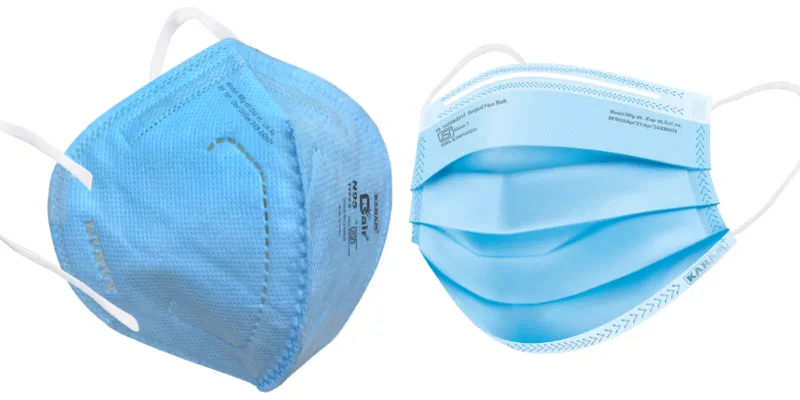
Goggles and face shields for COVID-19
At the onset of the pandemic In 2020, Karam saw a sudden rise in domestic requirements for PPE and worked to meet it. It partnered with the Centre to provide chemical splash goggles for doctors and the police workforce across the country in the first phase of expansion during the outbreak.
It also started manufacturing medical face shields to offer protection to healthcare workers treating COVID-19 patients. Karam invested in its in-house manufacturing capabilities to deliver the promised number of products.
In an earlier interview, Rajesh had said, “Karam has a strong manufacturing setup equipped with modern, technology-driven machinery. All systems and processes are assessed by SGS UK, and are registered to ISO 9001-2015.”
He added, “We have one manufacturing unit located in the outskirts of Lucknow and another in the foothills of the Himalayan range, in the small township of Sitarganj, Uttarakhand.”
Legacy of 30+ years
Karam’s history can be traced back to the 1990s. After graduating from IIT Kanpur with a degree in Metallurgical Engineering, Rajesh joined his family’s chemicals trading business in 1992. He worked there for two years, until he met safety equipment supplier Hemant Sapra.
Hemant used to provide construction companies with safety equipment and PPE. He told Rajesh that large engineering and construction companies such as L&T were looking for good quality safety equipment.
However, the equipment was expensive since it was being imported from North and South American countries. This opened up a Make in India opportunity to manufacture economical safety equipment that was on par with international standards.
At that time, both Hemant and Rajesh were involved in their fields of trading safety tools and chemicals, respectively. They recognised each other's complementary skills and came together to start a protective equipment business.
This led to the genesis of Karam in 1994.
As of last year, Karam was a Rs 520 crore revenue, 3,300-member strong firm.
Edited by Kanishk Singh


